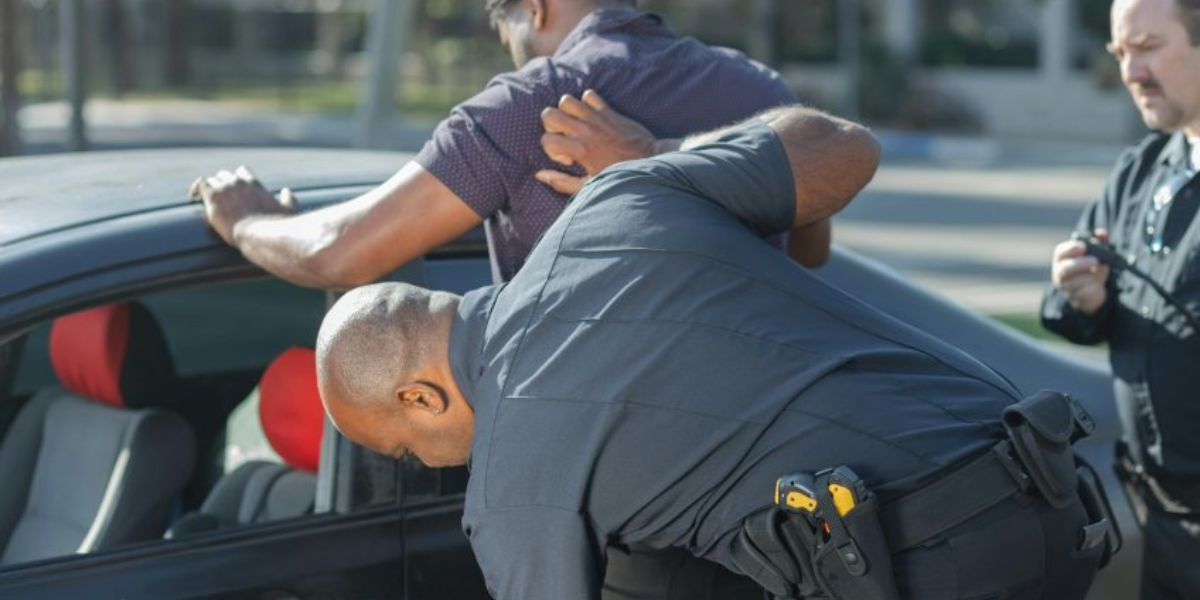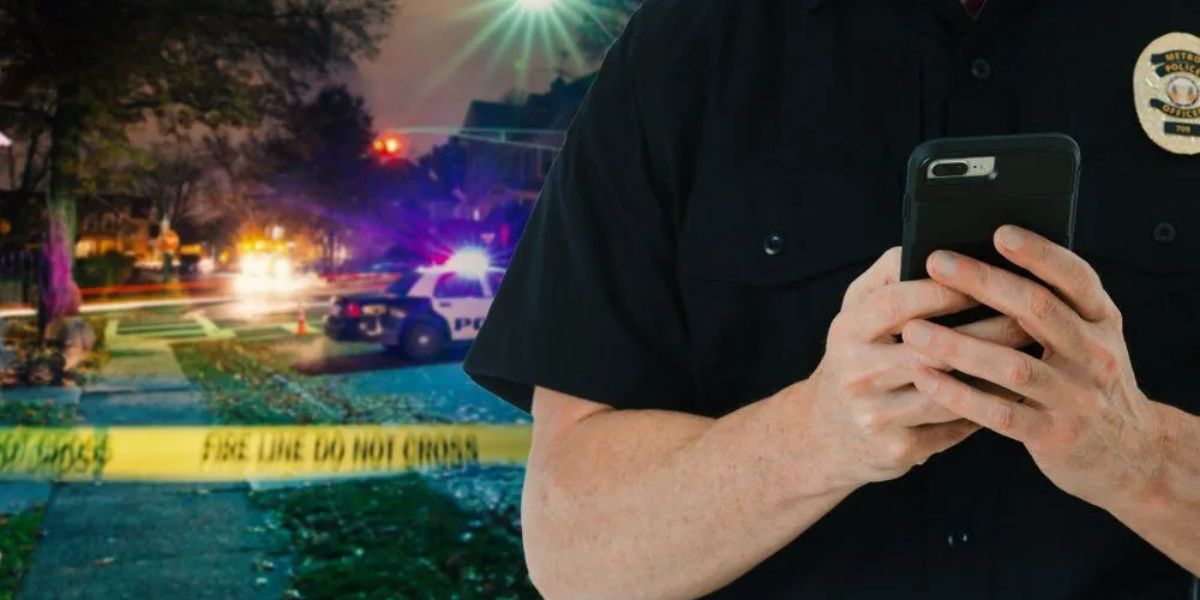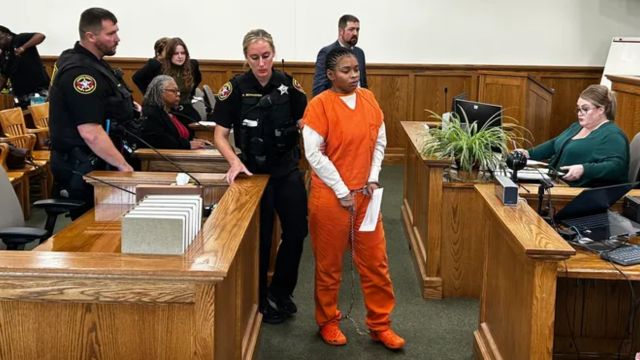In the wake of growing concerns about public safety and criminal activity, law enforcement agencies across the United States have implemented various measures to secure public spaces. One such tactic involves bag searches, particularly at public events, stadiums, and government buildings.
California, known for its strict laws and privacy protections, has seen numerous debates surrounding the legality of warrantless searches. These searches, often conducted by police officers, can sometimes feel invasive. But what does the law say about them?
The Legal Framework: Fourth Amendment and Its Application
At the core of the debate on warrantless searches lies the Fourth Amendment to the U.S. Constitution. This amendment protects citizens from unreasonable searches and seizures, ensuring that law enforcement officers have probable cause or a warrant before conducting searches of a person’s property or belongings.
However, the Fourth Amendment is not an absolute protection against all searches. The law allows for exceptions in certain circumstances. The issue, then, is determining which situations justify an exception to the rule of needing a warrant.
California’s state laws reflect this national framework, with specific rules and guidelines for when police can perform warrantless searches. While the law generally protects individuals’ rights to privacy, there are instances where public safety concerns outweigh those rights.
Exceptions to Warrantless Searches in California
There are several circumstances under California law where warrantless searches of bags, belongings, and even personal property are permissible. These include:
- Consent Searches
One of the most straightforward exceptions is when an individual voluntarily agrees to the search. Police officers can ask if they can search a person’s bag or belongings, and if the individual consents, the search is legal. However, individuals must be aware that they have the right to refuse consent, and any search conducted without consent could be deemed unlawful if challenged in court. - Public Safety Exceptions
In certain cases, public safety concerns may justify a warrantless search. For example, at large public events, such as concerts, sports games, or protests, event organizers often have a policy that allows for bag checks. This is done to prevent dangerous items, like weapons or explosives, from entering the venue. Police may also engage in these searches if they are assisting in event security.
California courts have often upheld these types of searches, as they are deemed to be in the public’s best interest, especially when there’s a reasonable belief that potential harm could occur if prohibited items were allowed in.
- Searches Based on Reasonable Suspicion
While not requiring a full-blown warrant, law enforcement officers can conduct bag searches based on reasonable suspicion. This is a lower standard than probable cause but still requires that officers have a specific, articulable reason to believe that a person is carrying contraband or dangerous items. Reasonable suspicion can arise from factors such as suspicious behavior, a person’s location in a high-crime area, or previous involvement in criminal activity.
- Terry Stops (Stop and Frisk)
California police can also conduct a search of a person’s bag during a Terry stop. This exception is derived from the U.S. Supreme Court case Terry v. Ohio (1968), which allows police to stop and frisk individuals based on reasonable suspicion that they are involved in criminal activity. If the officer feels that the individual may be armed or dangerous, they can search the person’s bag or clothing for weapons. These searches are typically limited to ensuring that the individual is not carrying any weapons that pose an immediate threat to the officer’s safety.
The Balance Between Security and Privacy
The question of whether a bag search is constitutional in California often hinges on balancing public safety concerns with an individual’s right to privacy. California courts have sometimes ruled in favor of the need to protect citizens from unreasonable searches, particularly when there’s no clear or immediate threat to public safety. However, the necessity of ensuring a secure environment in certain situations—such as at large gatherings or in high-risk areas—often tips the balance in favor of allowing warrantless searches.
A prime example of this balance is the bag checks conducted at airports, stadiums, and government buildings. While these searches may seem intrusive, they are typically deemed reasonable due to the nature of the events or locations. In these cases, courts have found that the safety of the public outweighs the minor intrusion of privacy.
Case Law: California Court Decisions
Several key court cases have addressed the issue of warrantless searches in California. In the case of People v. Johnson (2017), the California Supreme Court ruled that police officers can conduct warrantless bag searches at public places, such as festivals or outdoor events, when public safety is a significant concern. This decision acknowledged that, while these searches may be seen as an infringement on individual privacy, they were justified by the potential threat of terrorism or violence in crowded public spaces.
In another landmark case, People v. King (2011), the court ruled that a bag search conducted at a public event was constitutional because the search was part of a broader security screening process. The decision further established that when a person voluntarily enters a location where security measures are in place, they implicitly consent to such searches.
What Should You Do If You Are Subjected to a Bag Search?
If you are asked to submit to a bag search in California, you have certain rights. The first step is to remain calm and polite. While it’s important to assert your rights, becoming confrontational could escalate the situation.
If the search is not based on consent, reasonable suspicion, or an emergency public safety concern, you have the right to challenge the search. Keep in mind, though, that refusing a search at a public event might result in being denied entry.
If you believe your rights have been violated, it is essential to consult with an attorney who can assess whether the search was justified under the law.
Final Thoughts
In California, police bag searches without a warrant are allowed under certain conditions—public safety, consent, and reasonable suspicion being key exceptions. While these searches may feel invasive, they are generally considered legal when conducted under the right circumstances.
If you are ever subject to a bag search, understanding the legal framework can help you navigate the situation while protecting your rights. Remember, the balance between personal privacy and public safety is at the heart of these encounters, and knowing where the law stands can empower you to make informed decisions.




